Russia USSR stamps year 1951 Bulgarian Republic set
he relationship between Russia (or the Soviet Union) and the Bulgarian Republic (including its period as the People’s Republic of Bulgaria) has been historically significant, marked by shared cultural ties, political alliances, and mutual support, particularly during the 20th century.
Historical Context
- Cultural and Historical Connections:
- Slavic Heritage: Both nations share a Slavic linguistic and cultural base, which has fostered historical and cultural connections.
- Orthodox Christianity: Religion played a unifying role historically, with both countries adhering to Eastern Orthodoxy.
- 19th Century: Russo-Turkish War (1877–1878):
- The Russo-Turkish War resulted in the liberation of Bulgaria from Ottoman rule, culminating in the signing of the Treaty of San Stefano in 1878.
- Russia is often credited in Bulgarian history for its role in the country’s independence.
Soviet Era (1944–1989)
- People’s Republic of Bulgaria (1946–1990):
- Following World War II, Bulgaria became a socialist state aligned with the Soviet Union as part of the Eastern Bloc.
- The Bulgarian Communist Party, led by figures like Todor Zhivkov, maintained close political and economic ties with the USSR.
- Economic and Political Cooperation:
- Bulgaria benefitted from Soviet investments and trade, including energy supplies (oil and gas).
- Joint industrial projects, such as factories and technological exchanges, symbolized their alliance.
- Cultural Exchange:
- Extensive collaboration in science, education, and culture.
- Many Bulgarian students studied in Soviet universities, and Russian was widely taught in Bulgarian schools.
- Military and Strategic Partnership:
- Bulgaria was a key ally in the Warsaw Pact, the Soviet-led military alliance.
- Soviet military presence in Bulgaria ensured regional security for the Eastern Bloc.
Post-Soviet Relations
- Bulgaria’s Transition:
- After the fall of communism in 1989, Bulgaria transitioned to a democratic government and market economy.
- The collapse of the Soviet Union in 1991 marked the end of the traditional Moscow-Sofia alignment.
- Modern Relations:
- While Bulgaria has joined NATO (2004) and the European Union (2007), it maintains diplomatic and economic ties with Russia.
- Energy remains a key connection, with Bulgaria relying on Russian natural gas and participating in energy projects like the TurkStream pipeline.



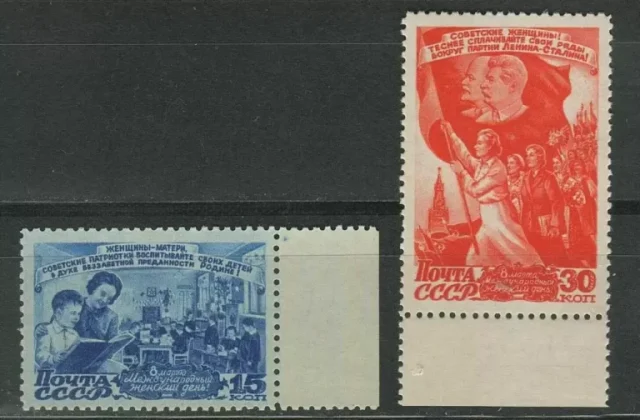
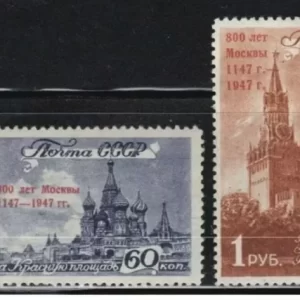



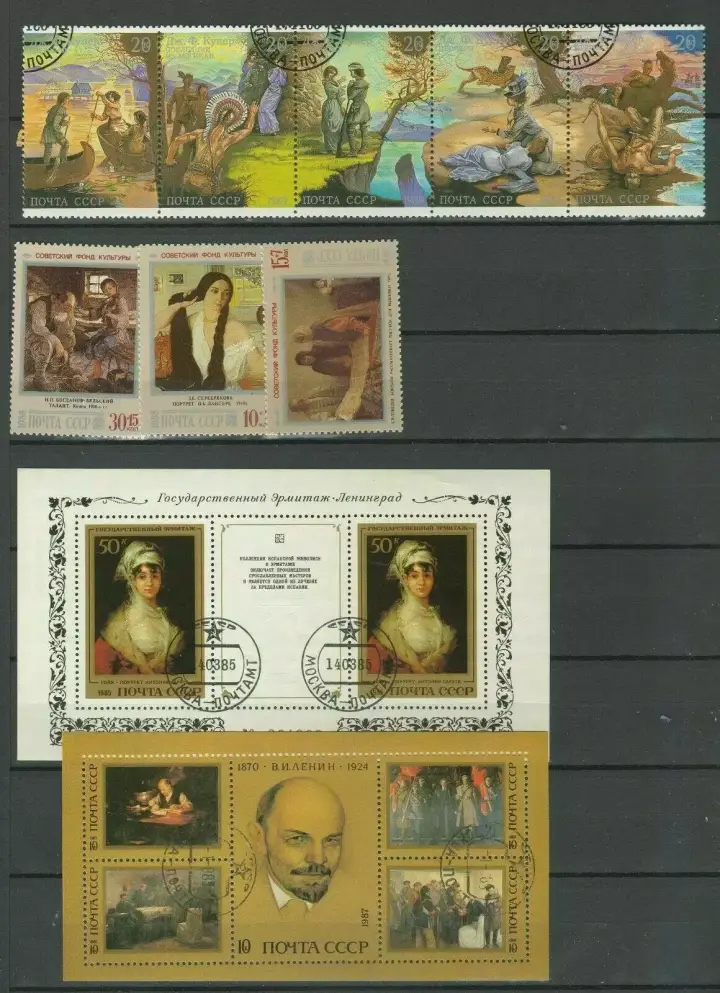
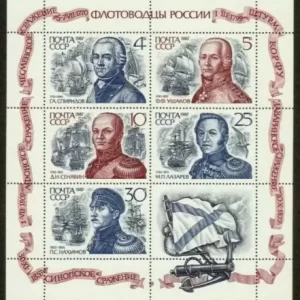
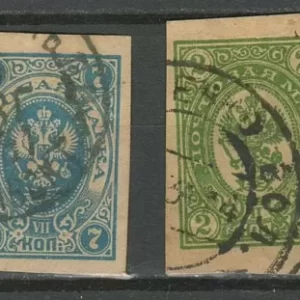

Reviews
There are no reviews yet.